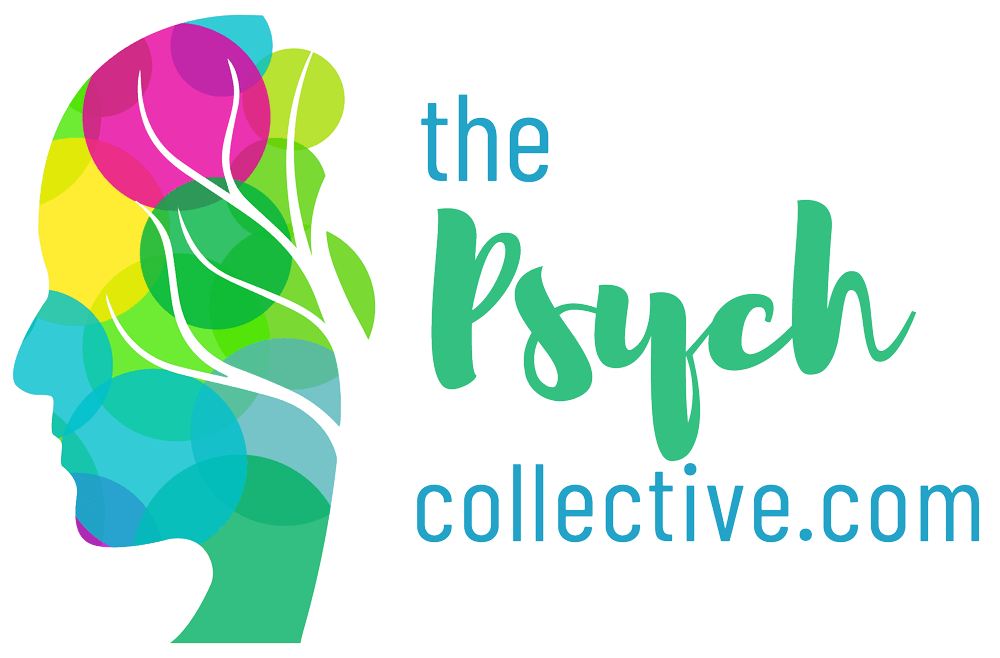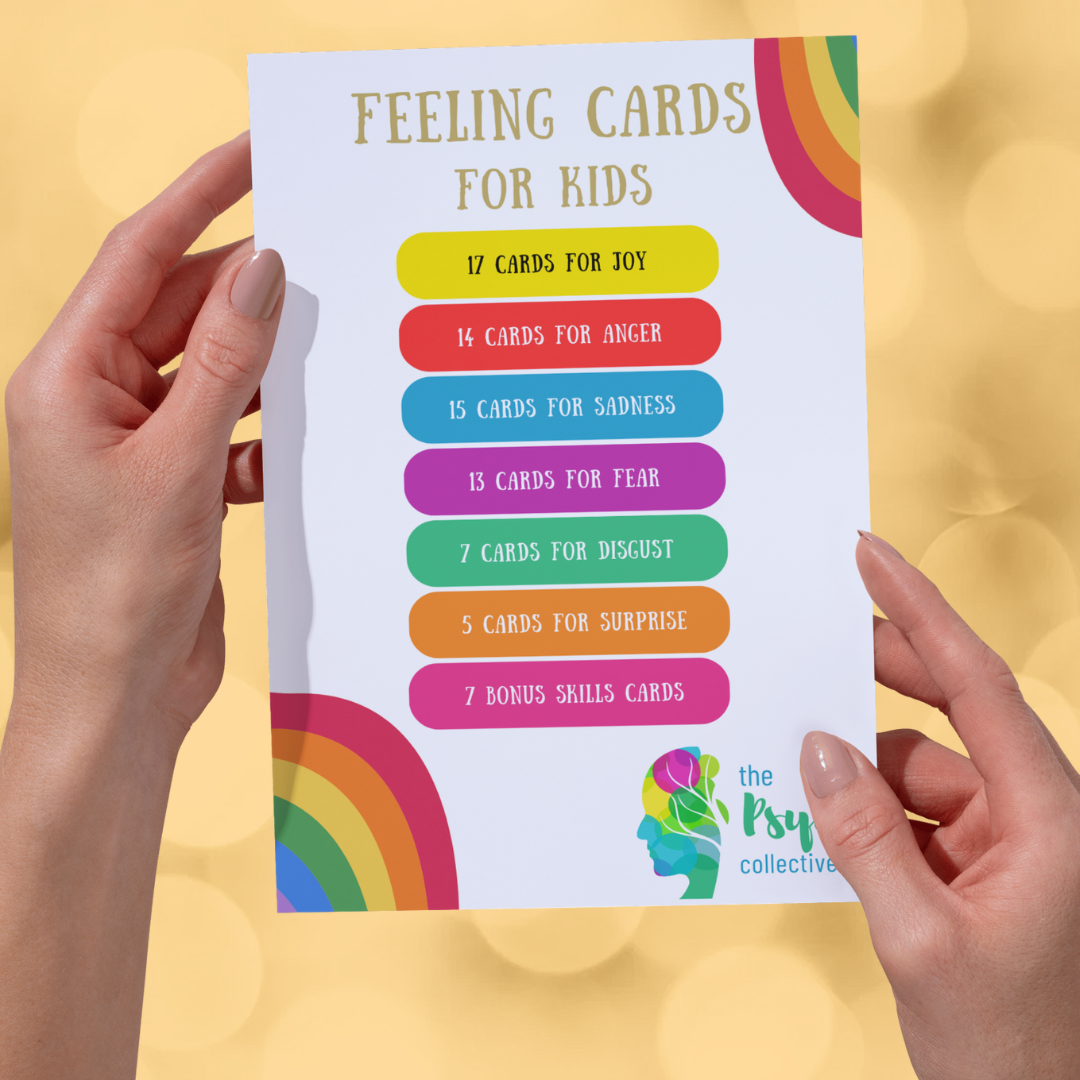Addressing Anhedonia
Anhedonia might not be what you think
Are you familiar with the term anhedonia? If you're not, it's a term used in psychology to describe the loss of interest or pleasure in activities that were previously enjoyable. However, this term is often used with a double-barrel meaning that doesn't facilitate skillful intervention. In reality, the concept of loss of interest or pleasure actually covers three different things - anhedonia, avolition, and anergia.
Avolition refers to the loss of motivation, while anergia is the lack of energy or fatigue. These two conditions are often confused with anhedonia, which is the true loss of pleasure and enjoyment in previously enjoyed activities. When we misuse words, we also run the risk of applying the incorrect intervention, which can worsen the situation.
For instance, if a person has anhedonia, behavioural activation and activity scheduling may not work as the individual simply does not enjoy the activity. However, if the problem is avolition or anergia, then behavioural activation can be helpful. The idea behind behavioural activation is that even if you don't feel like doing something, if you do it, you will experience some positive emotion, which will offset some of the negative emotion.
It's important to understand the difference between these three conditions because if we don't, we may not be able to provide the right intervention. True anhedonia doesn't seem to respond to behavioural interventions, and psychiatric interventions like medications or electroconvulsive therapy (ECT) may be required.
At the Psych Collective, we've developed a handout called "Basic Behavioral Activation" that primarily targets avolition and anergia. It's a simple guide that helps individuals propel themselves into some sort of activity by focusing on body care, achievement, socialisation, interests, and cleanliness.
The take-home message is that the term anhedonia is often being overused, and it's essential to understand the higher resolution way of thinking of it. If you're struggling with avolition or anergia, then behavioural activation can be helpful. However, for true anhedonia, psychiatric interventions may be required.
Interested in our handout? Check out our Resources page under the Mood tab.
Share
Categories
About Our Resources
We offer actionable resources and teach real skills to help people make meaningful change in managing mental health issues through different modes depending on people's learning preferences including infographics, text, worksheets, handouts and video.












